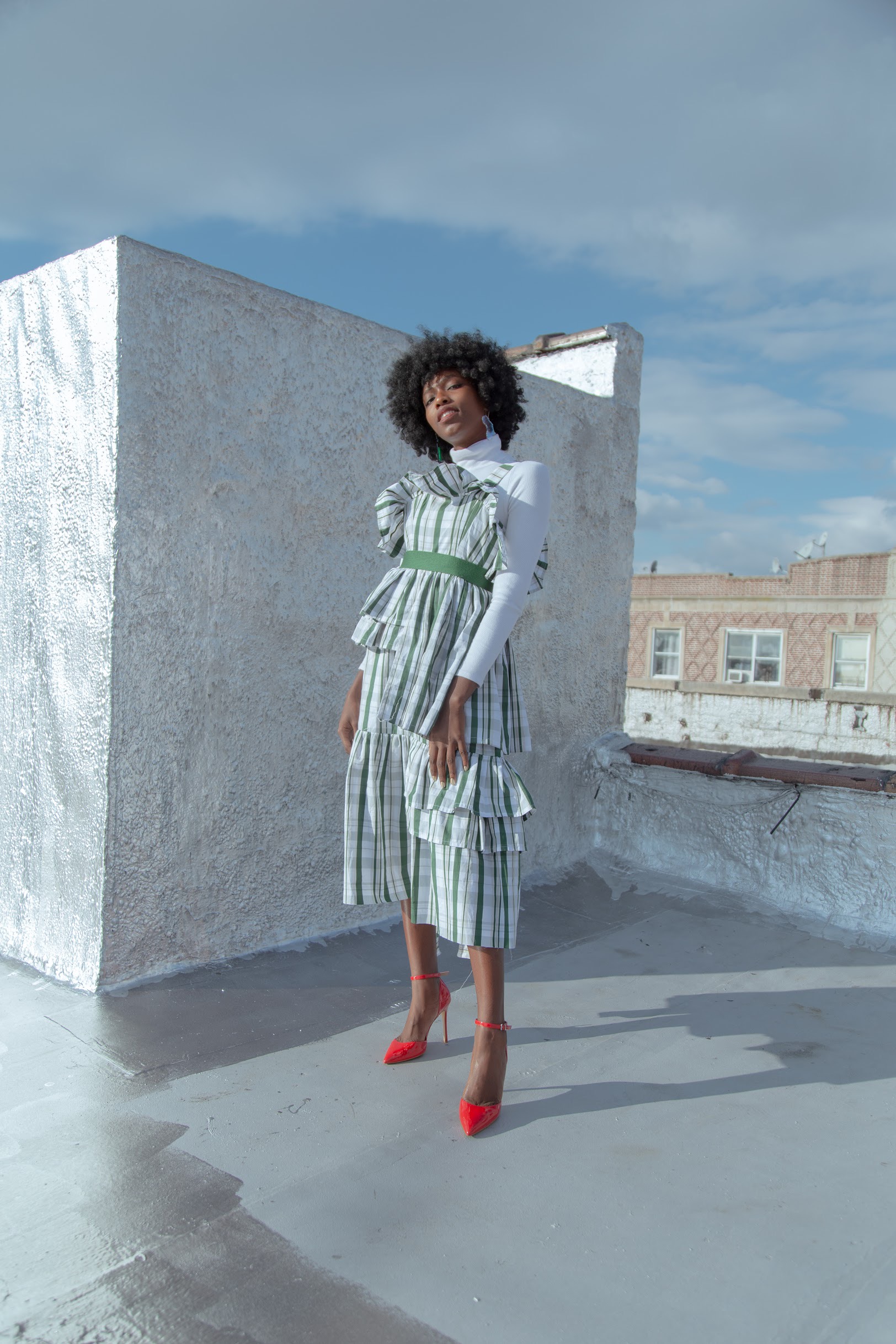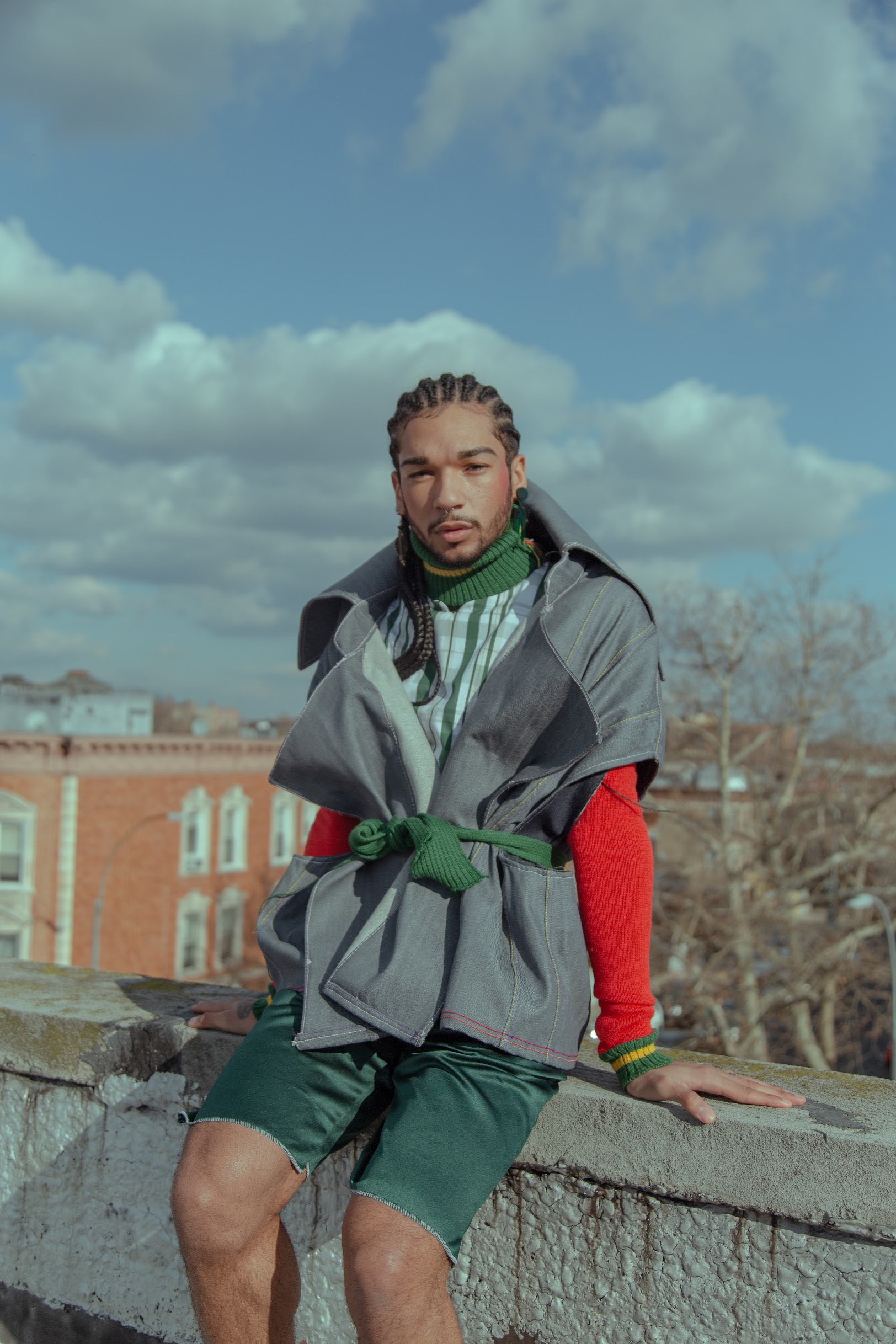How Climate Change is Changing Design
September 27, 2019
Jacques Agbobly



Designs by Jacques Agbobly

Designs by Jacques Agbobly

Designs by Jacques Agbobly
September 27, 2019
Jacques Agbobly



Designs by Jacques Agbobly

Designs by Jacques Agbobly

Designs by Jacques Agbobly